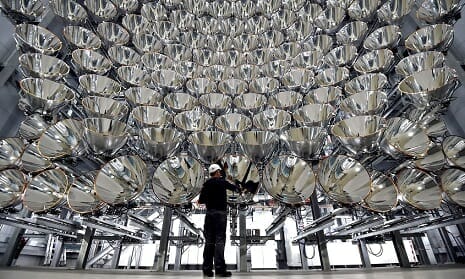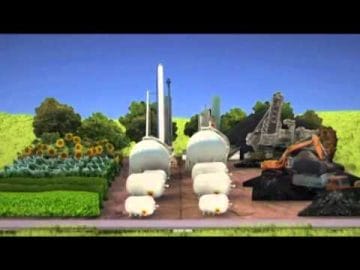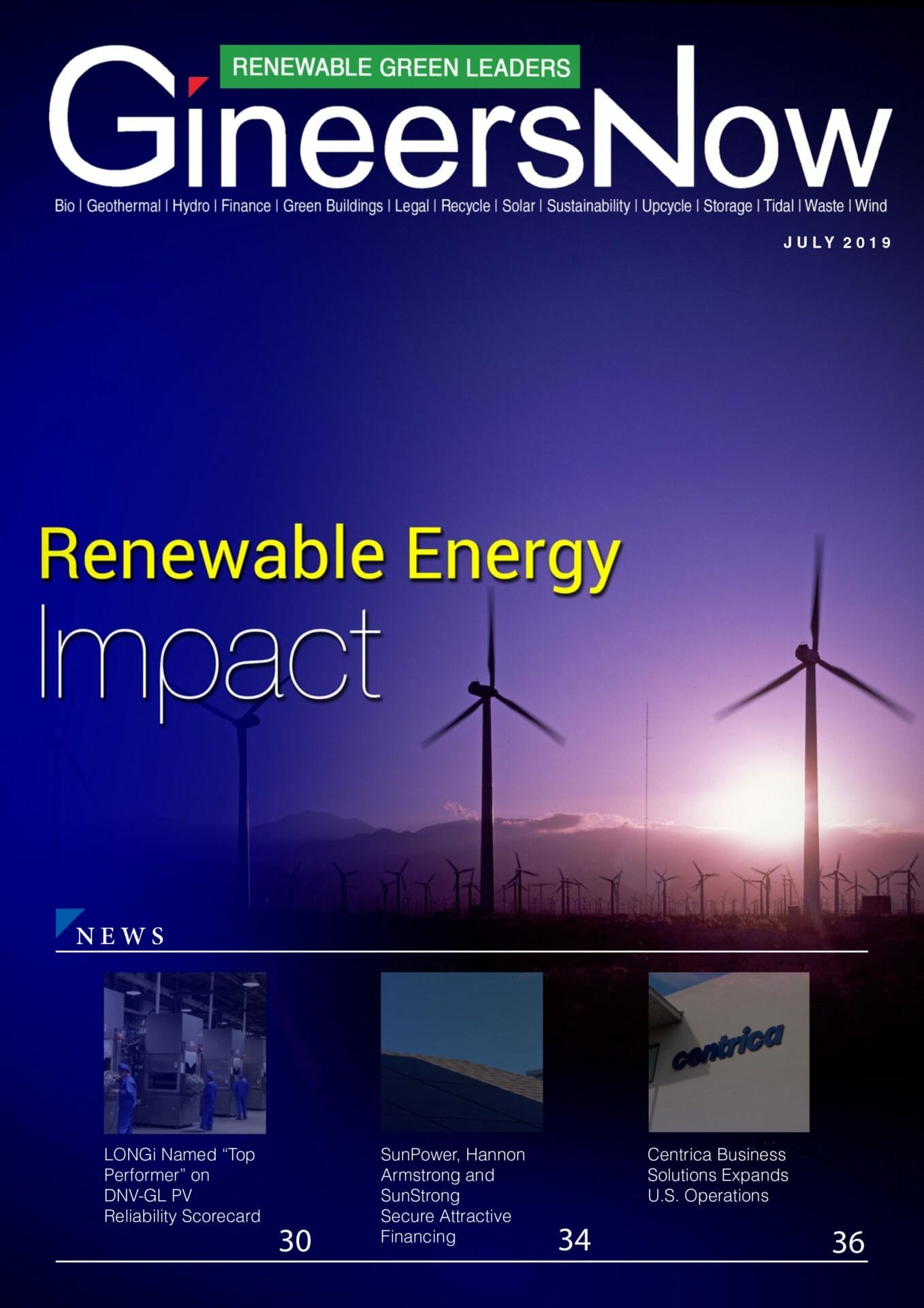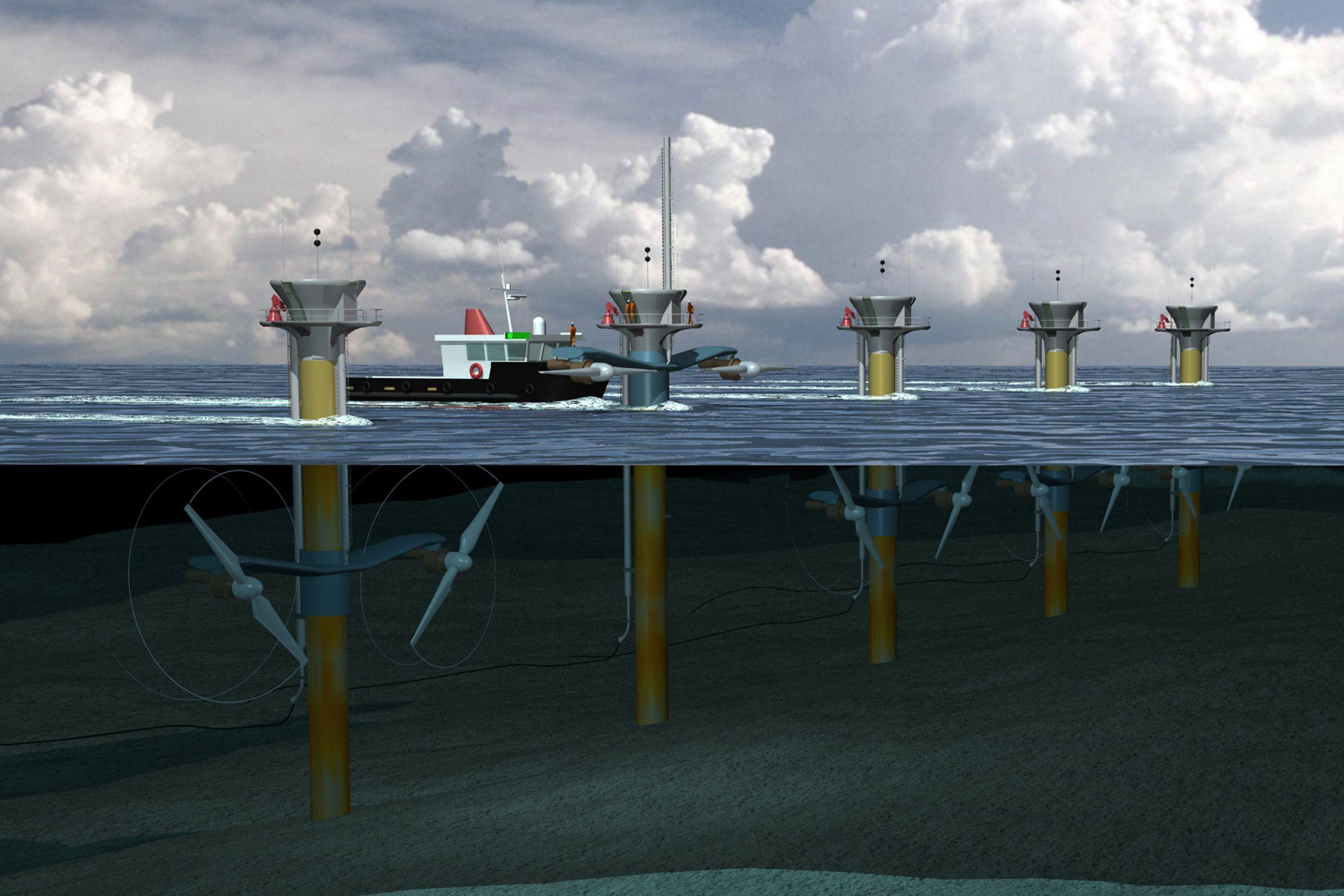Hydrogen is an alternative fuel that can be produced from diverse domestic resources, one of which is water. But to extract oxygen from the universal solvent, one needs to perform water splitting with a catalyst.
And now, physicists from the University of Houston have discovered a catalyst which does an exceptional job of splitting water into its two components, hydrogen and oxygen. It is exceptional because it is composed of easily available, low-cost materials and operating far more efficiently than other previous catalysts.
Paul Chu, founding director and chief scientist of the Texas Center for Superconductivity at UH, says that hydrogen is the cleanest primary energy on earth. He adds that water could be the most abundant source of hydrogen if one could separate the hydrogen from its strong bond with oxygen in the water by using a catalyst.

Source: Wikimedia
Together with physicists Zhifen Ren and Shuo Chen, postdoctoral researchers Haiqing Zhou and Fang Yu, and graduate students Jingying Sun and Ran He, Chu developed an efficient catalyst without using the usual precious metals which are expensive.
In this case, the researchers used a conductive nickel foam wherein ferrous metaphosphate was grown to produce the catalyst.
Ren, lead author of the paper, shares that the novel catalyst is much lower cost-wise and much better performance-wise. It is also durable, which operates more than 20 hours and 10,000 cycles in testing.
“Some catalysts are outstanding but are only stable for one or two hours,” Ren said. “That’s no use.”
While water-splitting looks simple on paper, it is complex to perform. Researchers have to find a way to make two separate reactions from splitting water, and that is the evolution reactions of hydrogen and of oxygen, meaning each requires a separate electrode. To complete the process, oxygen and hydrogen have be produced separately using a catalyst.
Hydrogen catalysts are available; however, oxygen catalysts are a proven to be a struggle since the materials used are usually expensive and inefficient like noble metals iridium, platinum and ruthenium. It was only until they created their own oxygen catalyst that makes it easier for water-splitting to be performed.
“In this work, we discovered a highly active and stable electrocatalyst based on earth-abundant elements, which even outperforms the noble metal based ones,” Chen said.
“Our discovery may lead to a more economic approach for hydrogen production from water electrolysis.”
Source: University of Houston














